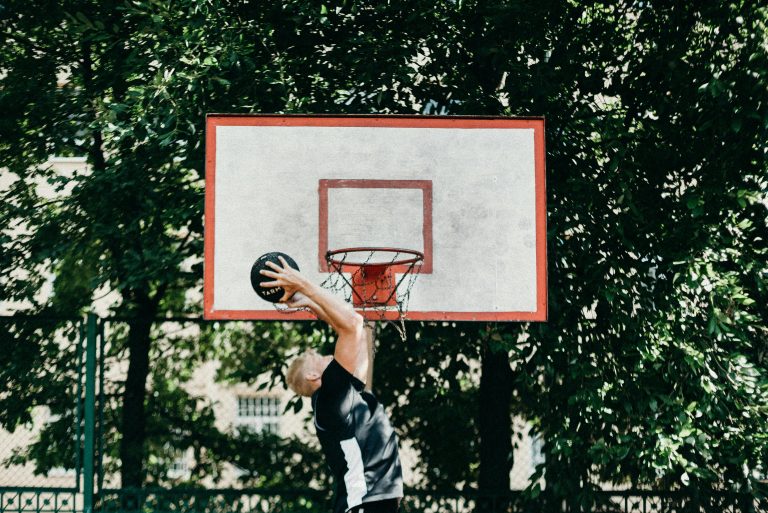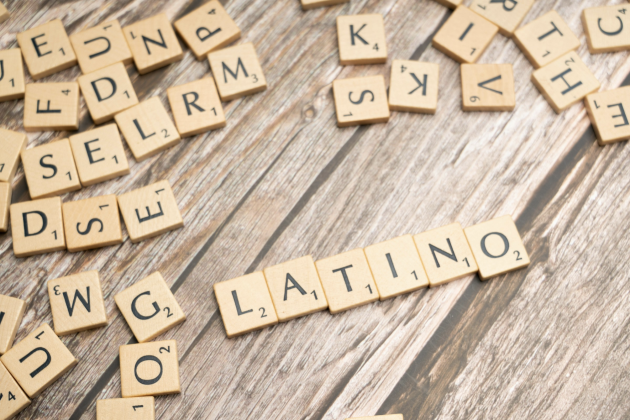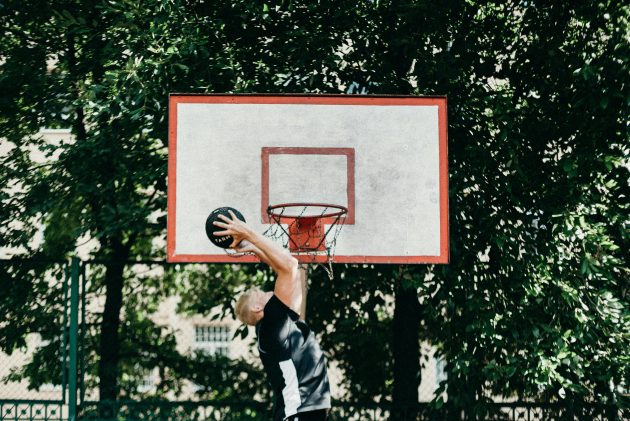
By Sounds and Colours
23 September, 2025

Latino representation in the NBA has a deep and impactful history, marked by pioneers who broke barriers, superstars who became international icons, and modern prospects who carry the promise of a new generation. This journey includes the first Puerto Rican player to ever step on an NBA court, the rise of Hall of Fame talents, the unique challenges of language and exposure, and how fantasy basketball strategies increasingly consider the influence of Latino stars. This article follows their stories, highlighting names, stats, and cultural breakthroughs that transformed both the league and how fans around the world connect with the game.
Alfred “Butch” Lee Jr. – The First Latino in the NBA
Alfred “Butch” Lee Jr., born in San Juan, Puerto Rico, holds the distinction of being the first Latino player to play in the NBA, representing a groundbreaking step for Puerto Rican and Latino athletes. Drafted in 1978 by the Atlanta Hawks after a standout collegiate career at Marquette University, where he won the NCAA Championship and was named the tournament’s Most Outstanding Player, Lee opened doors that had long been closed. His move to the NBA came with challenges, but his debut was monumental for Latino identity in the league, as highlighted by La Opinión.
Manu Ginóbili – Redefining International Greatness
Manu Ginóbili, born in Bahía Blanca, Argentina, reshaped how international players—especially Latinos—were viewed in the NBA. Drafted by the San Antonio Spurs in 1999, Ginóbili became a four-time NBA champion (2003, 2005, 2007, 2014), a two-time NBA All-Star, and the 2008 NBA Sixth Man of the Year. His fearless drives, crafty passing, and signature Eurostep influenced generations of guards. Publications such as Latin-American Post emphasize how Ginóbili’s success elevated Argentine basketball and proved that Latino players could dominate at the highest level while becoming fantasy basketball staples for consistent production.
Luis Scola – The Model of Longevity
Luis Scola, another Argentine legend, built a career of remarkable consistency. Entering the NBA in 2007 with the Houston Rockets, Scola averaged double-digit points for multiple seasons and later played with the Phoenix Suns, Indiana Pacers, Toronto Raptors, and Brooklyn Nets. Beyond the NBA, he was central to Argentina’s Golden Generation, securing a gold medal at the 2004 Athens Olympics and a bronze at Beijing 2008. His professionalism and longevity set a standard for future Latino players, a theme underscored by Panamericano’ll as an example of Latin American persistence on and off the court.
Pau Gasol – Spain’s International Icon
Though Spanish and not Latin American, Pau Gasol’s presence had an undeniable impact on the NBA’s recognition of Latino heritage players worldwide. Drafted third overall in 2001, Gasol became the NBA Rookie of the Year, a six-time All-Star, and a two-time NBA champion with the Los Angeles Lakers (2009, 2010). His technical skill, high basketball IQ, and ability to mesh with Kobe Bryant made him a household name. Sources like LATV point to Gasol’s influence on the perception of European and Latino heritage players, displaying their ability to dominate physically and strategically in the league.
Carmelo Anthony – Half Puerto Rican Pride
Carmelo Anthony, whose father was Puerto Rican, carved out one of the most decorated scoring careers in NBA history. Drafted third overall in 2003, Anthony scored over 28,000 points, ranking among the league’s all-time leaders. An Olympic gold medalist and ten-time NBA All-Star, Anthony’s Puerto Rican heritage was a source of pride for Latino fans across the United States and the Caribbean. As Latin-American Post notes, his cultural identity connected with communities often underrepresented, linking NBA stardom with Latino pride on a global stage.
Overcoming Barriers – Language, Scouting, and Exposure
Latino players historically faced challenges beyond the court, from language barriers to limited scouting in regions outside the United States. Many talented players in Puerto Rico, Argentina, or Mexico were overlooked due to lack of exposure or undervalued due to stereotypes. Over time, globalization of the NBA, better scouting networks, and the rise of international tournaments reduced these barriers. This progress allowed stars like Ginóbili, Scola, and Gasol to thrive while paving smoother paths for today’s emerging Latino players, as emphasized by cultural analyses in Latin-American Post and LATV.
Fantasy Basketball and Latino Legacies
Fantasy basketball managers consistently rely on past and present Latino stars for value. Historical performances—such as Ginóbili’s efficiency, Gasol’s versatility, and Anthony’s scoring output—often influence auction values and player rankings. Nostalgia and Hall of Fame credentials also factor into draft strategies, with vintage stats shaping decisions for collectors and fantasy enthusiasts. For instance, a fantasy basketball draft might lean toward proven Latino legends in keeper leagues or dynasty formats, blending performance with cultural impact.
Fantasy basketball managers who want an edge should watch these names—the next generation of Latino talent could shift the value landscape in your upcoming fantasy basketball draft.
Jaime Jaquez Jr. – A New Generation of Latino Talent
Jaime Jaquez Jr., drafted by the Miami Heat in 2023, has already made a strong impression as one of the few Mexican American players currently active in the league. Jaquez quickly gained recognition for his versatile playstyle—tough defense, clutch shooting, and unselfish passing. Sources highlight his rapid adjustment to NBA competition, positioning him as both a cultural ambassador and a potential fantasy sleeper pick due to his ability to contribute across multiple statistical categories.
Karim López – The Future Prospect
Karim López, identified by SB Nation and Wikipedia as one of the top international recruits for the 2026 NBA Draft, represents the future of Latino presence in basketball. A Mexican prospect praised for his athleticism, size, and skill, López has drawn early comparisons to established international forwards. Scouts view him as a player capable of adapting quickly to NBA-level competition. His trajectory highlights how Latino basketball continues to expand globally, raising expectations among fantasy managers and fans eager to see his eventual draft stock and professional debut.
Distinct Latino Styles of Play
Latino players often bring a unique blend of flair, creativity, and resilience to the NBA. From Ginóbili’s improvisational genius to Scola’s consistency and Jaquez Jr.’s grit, their styles reflect both athleticism and cultural influences. Publications like LATV and Panamericano’ll describe how Latino players integrate community values, teamwork, and adaptability into their game. This mixture makes them versatile assets on the court and attractive options for fantasy basketball managers seeking multidimensional contributors.
The Fantasy Edge – Spotting Latino Breakouts
For fantasy players, keeping an eye on Latino prospects is essential. Jaime Jaquez Jr. already demonstrates potential breakout qualities with his balanced stat lines, while Karim López promises future excitement once he enters the league. The combination of proven history from stars like Ginóbili, Gasol, and Anthony with the next generation ensures Latino influence remains a valuable factor for fantasy managers shaping their draft strategies.
Subscribe to the Sounds and Colours Newsletter for regular updates, news and competitions bringing the best of Latin American culture direct to your Inbox.
Share:
